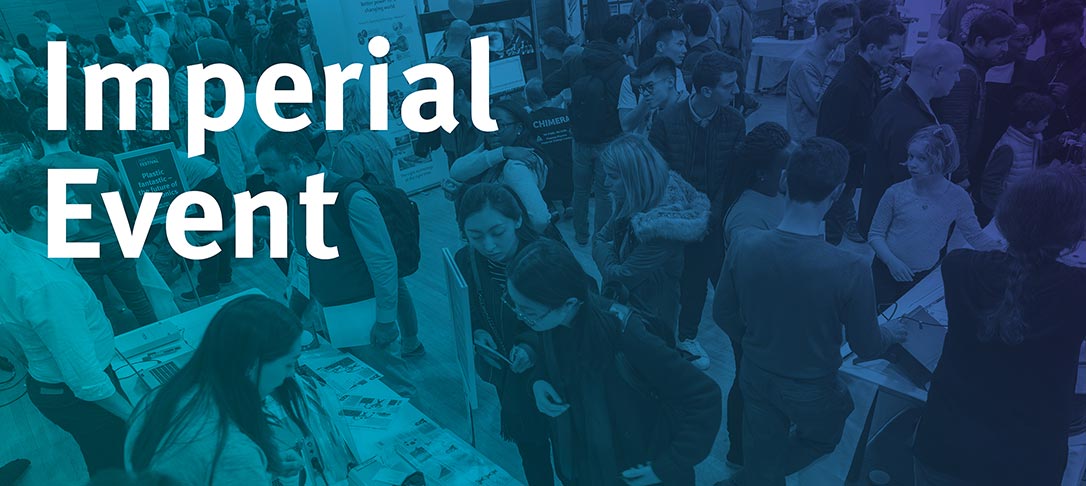
Mass drug administration is the mainstay of treatment for neglected tropical diseases such as schistosomiasis (snail fever), soil-transmitted helminths (intestinal worms), and lymphatic filariasis (elephantiasis). These infections afflict over one billion individuals, exist predominantly in low-income countries, and persist largely due to poor sanitation and hygiene. During mass drug administration, eligible individuals in endemic areas are provided preventive chemotherapies irrespective of infection status; pills are safe to ingest for both infected or uninfected individuals. However, blanket treatment misses at-risk individuals.
In this talk, I will present some results from an ongoing study tracking ~25,000 people during routine mass drug administration in rural villages bordering Lake Victoria in Uganda. Analysing en masse distribution of preventive chemotherapies as a diffusion process on village social networks reveals information for the seeding and targeting of global health interventions that is in contrast to conventional medical approaches. 1) Clustering rather than centrality or personal characteristics determines the best performing drug distributors (‘seeds’) with the greatest reach and speed. 2) Limited network information and simple acquaintance algorithms outperform the targeting of formal community roles, i.e. health workers, schoolteachers, or village leaders, to quell diffusion of misinformation concerning treatment. These results contribute to our understanding of how best to address the social determinants of treatment in rural poor villages.
Biography
Dr Goylette Chami is a Research Fellow at the Wellcome Trust-Cambridge Centre for Global Health Research in the Department of Pathology at the University of Cambridge. She also holds a Junior Research Fellowship in medical sciences at King’s College, Cambridge. Previously, she held an Isaac Newton Trust Fellowship after completing her PhD in December 2015, as a Jack Kent Cooke Fellow, at the University of Cambridge. Her work combines quantitative and computational techniques from the physical and social sciences with field epidemiology to improve clinical outcomes in sub-Saharan Africa. She is particularly interested in improving the reach and efficacy of preventive chemotherapies for schistosomiasis and hookworm infections.